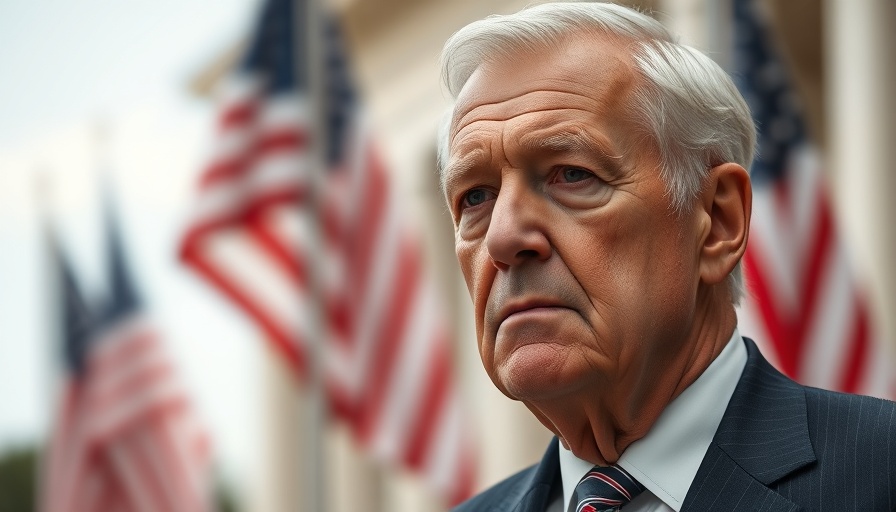
Trump’s Legal Battle: A Conclusion
In a notable development, former President Donald Trump has concluded his legal fight against the social media platform X, previously known as Twitter. The lawsuit originated from Trump’s ban following the January 6 insurrection by his supporters at the U.S. Capitol. This ban was a significant moment in social media history, marking a shift in how platforms manage political discourse and the implications for free speech.
The Fallout From January 6
The events of January 6, 2021, not only led to significant political ramifications but also prompted dramatic shifts in social media policies worldwide. Following the insurrection, many platforms, including Twitter, took decisive actions against Trump, raising questions about censorship and the social responsibility of tech companies.
Reinstatement and Aftermath
After Elon Musk’s acquisition of Twitter, Trump was reinstated to the platform, aligning with Musk's more lenient approach to content moderation. However, despite regaining a voice on X, Trump primarily engages with his followers on Truth Social, indicating a potential strategic pivot towards his own platform where he retains complete control over the narrative.
Lessons in Case Dismissal
The recent court filing, where both Trump and X requested the dismissal of the case, is a significant turn. This agreement lacks specific details, suggesting a quiet ending without a legal precedent. It raises questions about the future of legal battles centered around online speech and user conduct.
Broader Implications for Social Media Regulation
This conclusion may serve as a precedent for future cases involving bans and content moderation policies on social media platforms, pressing for greater transparency and clarity in how these policies are enforced. With other tech giants like Meta settling similar lawsuits, the discourse surrounding online free speech versus platform responsibility continues to evolve.
 Add Row
Add Row  Add
Add 




Write A Comment